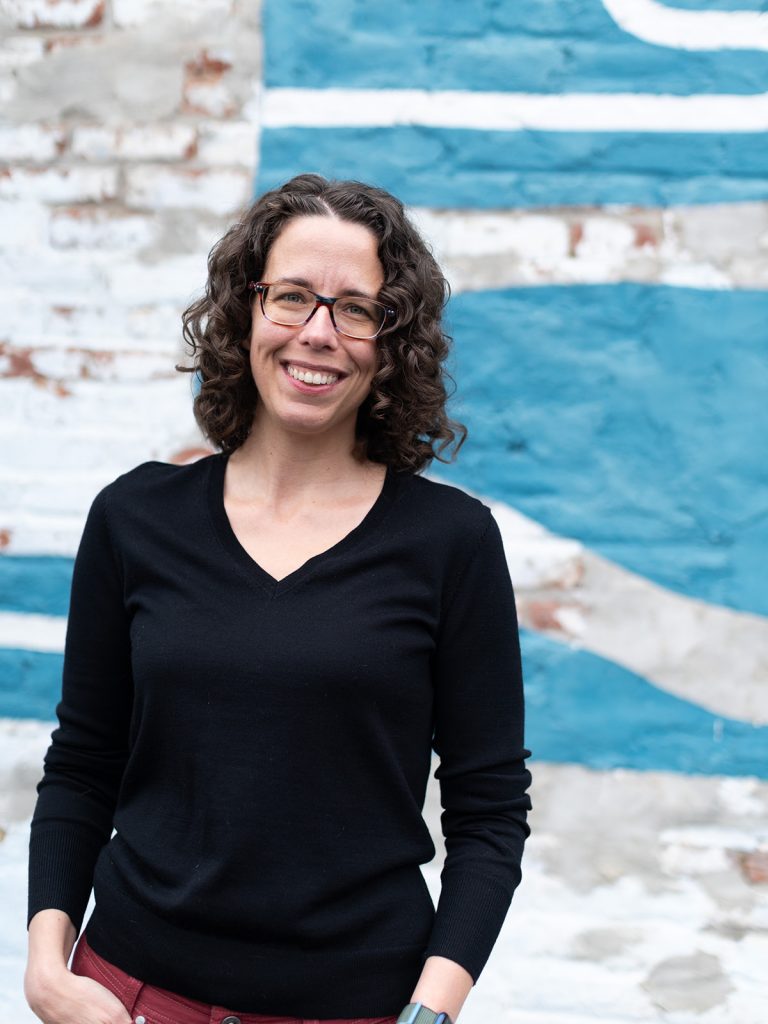Webinar
Conquer the Dreaded Synopsis: How to Finish Your Book Pitch
Wednesday, November 9th, 2022 @ 2:00 pm - 3:15 pm Eastern
Level All Levels
Learn to write and edit a synopsis that makes editors and agents eager to read your manuscript.
Additional Information
It’s one of the most despised documents of all time: the synopsis. Agents and editors sometimes ask for a synopsis because they need to know—from beginning to end—what happens in your novel or memoir.
The synopsis reassures publishing professionals (before they spend time on your manuscript) that your story has been well conceived, offers well-developed characters and tension, and closes with strength. It shows the scope of your work and how well it is paced. And it might reveal big problems in your story—e.g., random events without a compelling character arc, lack of continuity or theme, or an incomplete storyline. It can also reveal wonderfully complex characters and masterful storytelling.
In this class with publishing expert Jane Friedman, you’ll learn how to write a synopsis that’s lean, powerful, and engaging. And just as important, you’ll get examples of what to avoid.
By the end of the session, you will:
- RECEIVE advice on appropriate synopsis length and how many words you should shoot for in your first draft and final draft
- IDENTIFY the best way to introduce your characters (as well as the ineffective way)
- RELIABLY AND CONSISTENTLY ASSESS what information or detail you should leave out
- UNDERSTAND if you should split your synopsis into sections (probably not, but there are a few scenarios where it becomes desirable)
- AVOID “synopsis speak,” where you end up with a very mechanical and emotionless series of plot events.
Whether you’re writing a novel or a memoir, writing a synopsis works in exactly the same way. Both fiction and nonfiction examples will be used. However, writers of personal essay collections are not a good fit for this class. (When pitching a book that doesn’t have a beginning-middle-end, a synopsis is not relevant or will not make much sense. Instead, write a chapter summary, not a synopsis.)
Feedback opportunity: If you’re open to having your synopsis used as part of the presentation for constructive critique (Jane will be kind), email [email protected] after you register and paste your synopsis right into the body of the email. (No attachments, please.) Your identity will be kept confidential, but of course, your story details will not. Keep in mind that feedback is not guaranteed, and it won’t be a formal or full critique. But it’ll still be fun and useful!
All registrants receive a recording.
Closed captioning will be available.
Course Presenter
Hear from our Students
Creative Nonfiction’s online writing classes have helped more than 3,000 writers tell their stories better.
Read Success StoriesTestimonials
I enjoyed reading other peoples work and getting feedback about my own work– the handouts/video links and class lessons were also very informative and relevantly paced to the give structural guidelines.
Catherine O’Neill

